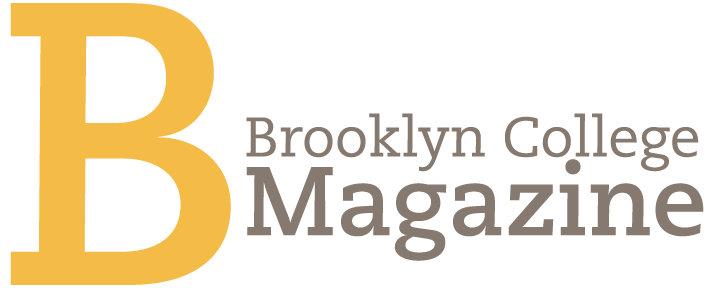Their Next Meal

Sahil Chaudry
Sahil Chaudry can’t remember exactly where he heard it, but when he found out that some 20 percent or more of CUNY students experience food insecurity, it was shocking to him.
“It made me think a lot about what I wanted to do with my life,” says the recent B.A.-M.D graduate, who notes that he has “always been fortunate enough to know where my next meal is coming from.”
He had joined the Brooklyn College Rotary Club, where he helped out with food-packing events and volunteered at food kitchens. But the scholar in him wanted to approach the issue from another perspective.
So when it came time to pick a topic for his senior thesis colloquium, Chaudry decided to investigate the correlation between food insecurity and climate change, another issue that had been piquing his interest due to its prevalence in the news.
His work was accepted to the National Conference on Undergraduate Research, the most competitive and prestigious annual gathering of student scholars in the United States and Canada. Chaudry’s project was one of 41 submitted by Brooklyn College Honors Academy students, all of which were accepted for the 2021 conference, held virtually in April.
For Chaudry, who had worked on a couple of significant research projects before, this was his second time presenting his scholarship, the first being at Intel’s International Science and Engineering Fair when he was in high school.
For his senior thesis, he started with a premise that climate change was a “threat multiplier” due to its ability to cause droughts and reduce crop yields when already two billion people worldwide face food insecurity. “There’s a very strong link between the two,” he says. “As climate change gets worse, so does food insecurity.”
But he also wanted to look at other variables that he suspected played into food insecurity, like access to contraceptives and the presence of democratic leadership.
“In order to figure out how to best target aid in the future, we need to know which factors play the largest role,” says Chaudry, who plans to be a doctor, though he is not sure which specialty he intends to pursue.
He took a deep-dive look at Yemen and the Sahel region in Northern Africa, two places he knew had experienced much political instability, large migrations, and competition for resources—three threats that combine to form a vicious cycle when it comes to food insecurity. He further factored in how the increase in carbon dioxide levels in the regions affected the food supply, causing zinc, iron, and protein levels to decrease in crops and make the ocean water more acidic, which affects the fish supply.
“In general, not a lot of people think about food insecurity,” he says. “The big takeaway for people should be to take this seriously. It’s extremely prevalent. Two billion people don’t know where their next meal is coming from. There are things we can do about this, but a lot of work needs to be done.”


